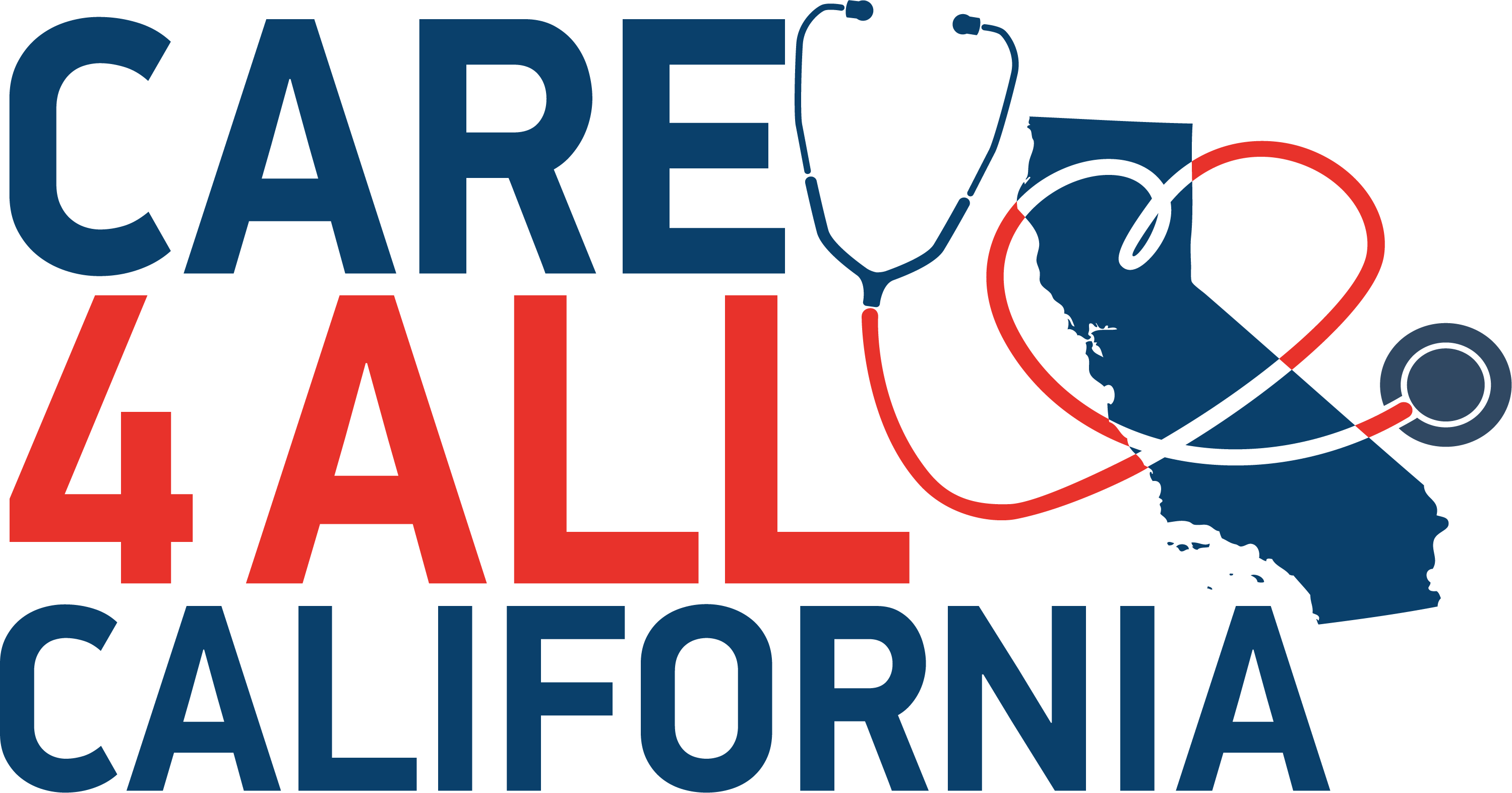Our Care4AllCA agenda to secure and expand coverage to all Californians is more important than ever, amidst the COVID-19 global pandemic, an economic recession, and social unrest spotlighting longstanding inequalities. All Californians must be connected to care and coverage, especially those most vulnerable to coronavirus and already excluded or disadvantaged in our health system due to age, race, income, immigration status, and more.
KEEPING COMMITMENTS TO COVERAGE & AGAINST INEQUITABLE CUTS:
In a public health crisis when we need health system investments, the state budget deficit threatens cuts to reverse many of the commitments won by the #Care4AllCA campaign, denying coverage inequitably to the most at-risk, as well as cutting access to benefits and providers for millions more. We need better budget solutions, including revenues, to prevent cuts.
Continue Already-Approved Medi-Cal Coverage for Seniors: The state budget proposes to undo eligibility fixes in Medi-Cal that would deny or discourage coverage and care for tens of thousands of seniors in a pandemic that is preying on this very population. The Care4All California coalition opposes proposals to:
- Reinstate the “senior penalty” by lowering the income eligibility for seniors and people with disabilities in Medi-Cal from 138% ($17,200/year) to 123% of the federal poverty level.
- Allow additional seniors to fall off full-scope Medi-Cal, which would happen if Medi-Cal income counting rules do not disregard Medicare Part B premiums.
- Reinstate estate recovery for those over age 65, leading many to not enroll in Medi-Cal in order to not endanger the family home for their loved ones.
Continue to Expand Medi-Cal to Seniors Regardless of Immigration Status—a critical step to the goal of #Health4All to cover all income-eligible in Medi-Cal.
Related bills: SB 29 (Durazo) & AB 4 (Arambula) [Co-Sponsored by California Immigrant Policy Center and Health Access California]
Continue Affordability Assistance in Covered California. State subsidies have supplemented federal ACA assistance to help hundreds of thousands of Californians afford coverage. The state budget proposes to take back unspent funds rather than reinvest in helping more Californians afford coverage.
Continue key Medi-Cal benefits. The state budget proposes to eliminate many benefits like physical therapy, physical therapy, podiatry, speech therapy, occupational therapy, and important dental benefits that are “optional” under federal law but essential to Medi-Cal beneficiaries.
Maintain funding for outreach and enrollment for community groups to help consumers enroll in and retain health coverage and access medical services, especially critical for communities of color and others that face barriers.
CONTROL COSTS AND IMPROVE QUALITY:
Californians should not be concerned with the rising cost of their care in the middle of a pandemic, and costs should not be inflated out of control by the health industry, especially now. These bills are crucial to protect consumers now, and ensure transparency and accountability for the health sector.
AB 1611 (Chiu): Ban Surprise Emergency Room Billing by preventing surprise bills for out-of-network hospital ER visits so consumers are only billed for their in-network co-pay or deductible, and setting a fair provider payment standard. [Co-Sponsored by California Labor Federation and Health Access California]
AB 2118 (Kalra): Institute Rate Reporting in the Individual and Small-Group Markets to better understand the types of health coverage that Californians are purchasing, and to track the costs. [Sponsored by Health Access California]
AB 2830 (Wood): Establish a Health Care Cost Transparency Database within the Office of Statewide Health Planning and Development (OSHPD) that collects and streamlines health information to track and inform policy on health care costs, quality, and equity from available data sources, while preserving privacy.
SB 852 (Pan): Create a State Label to Manufacture Generic Drugs This effort, both legislative and in the Governor’s budget, would allow the state to contract for the manufacturing of specific generic medications.
SB 977 (Monning): Oversee Hospital Consolidation by strengthening and extending the oversight of the California Attorney General on health care mergers, acquisitions and other transactions, and also give the AG additional authority to counter the anti-competitive effects of health care consolidation.

